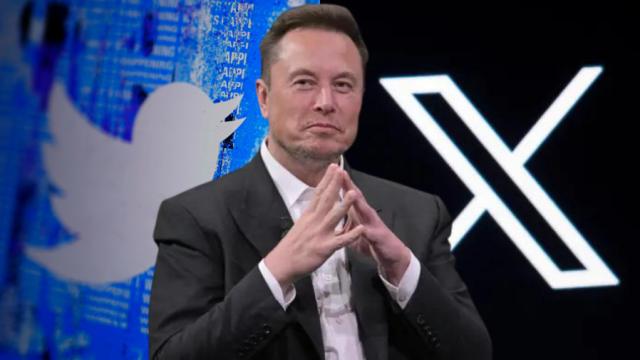Jahanvi Agarwal
Social media platform X challenges a court decision from India, claiming it may encourage more content blocking and censorship. Social media platform called X has been trying to overturn a court decision in India that found it had disobeyed instructions to remove contents of the site from the federal government, claiming that this decision might encourage New Delhi to block more content and expand the use of censorship.
X is the new name of the social media company and platform formerly known as Twitter. Musk announced changes to the brand earlier this month. In July platform X, formerly known as Twitter, tried to quash a court ruling requiring it to take down specific information. That plea was denied by a judge in June 2023, and he also levied a 5-million-rupee punishment.
Now, X has filed an appeal against that ruling, contending in a 96-page document that the government “will be emboldened to issue more blocking orders” that are illegal. The local legal firm Poovayya & Co. filed the document with the Karnataka High Court on August 1; however, it has not been made publicly available.
The first complaint was filed before Elon Musk, a multibillionaire who is also pursuing a variety of business ventures in India, acquired control of X.
The CEO of Tesla is debating a plan to invest in the area and build a plant producing electric cars while also looking to expand the market for his satellite broadband company, SpaceX.
In the complaint, X stated that “discernible parameters” must be established as to what necessitates banning a whole account rather than just a single post. The government’s “power to censor future content is untrammelled” if this does not happen.
Hearings in court are normally scheduled a few days after a file is made.
In recent years, Indian authorities have requested the company take action on content from accounts deemed supportive of an independent Sikh state, messages allegedly spreading false information about farmer demonstrations, and tweets criticising the government’s response to the COVID-19 outbreak.

